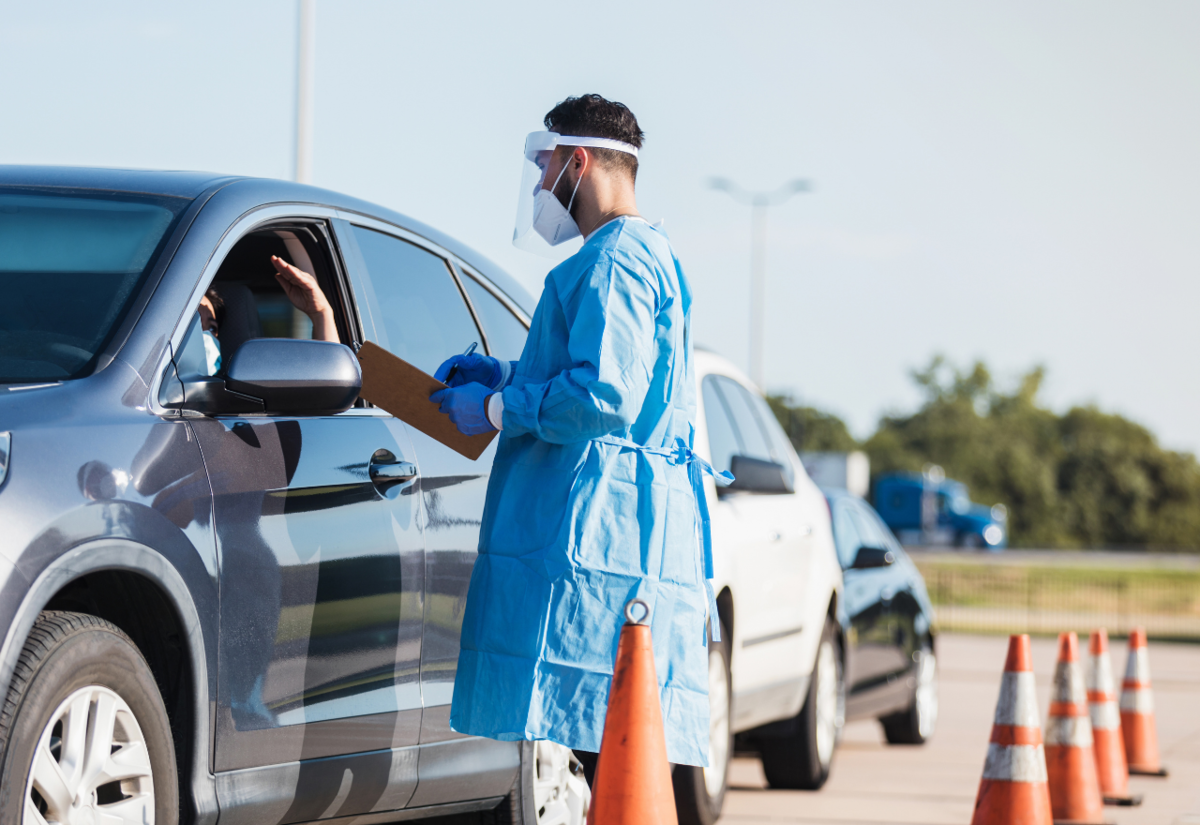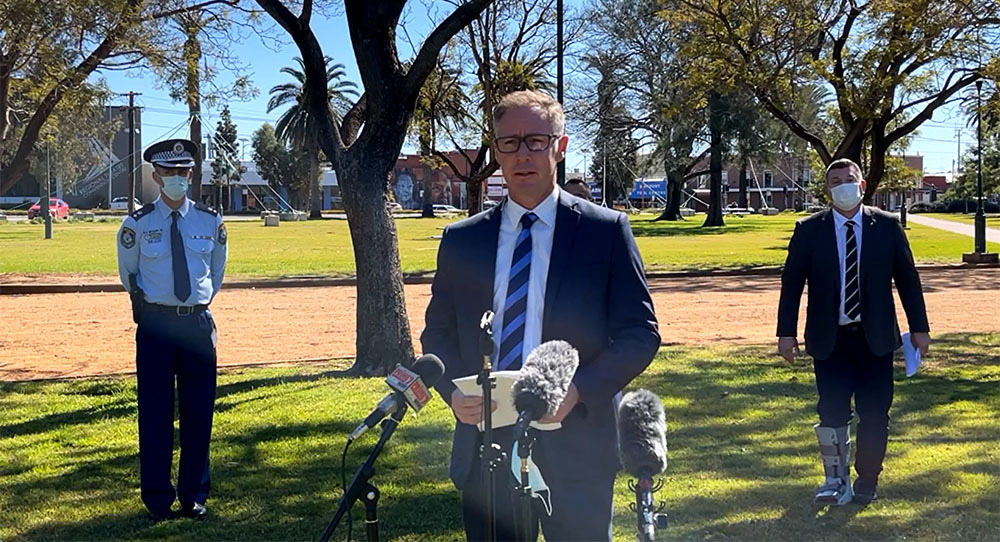Western NSW residents urged to get tested
Oliver Brown
13 August 2021, 3:36 AM
 Residents in multiple parts of regional NSW are being urged to come and get tested for COVID-19 with a significant jump in positive cases and further traces of the virus identified in the past 24 hours.
Residents in multiple parts of regional NSW are being urged to come and get tested for COVID-19 with a significant jump in positive cases and further traces of the virus identified in the past 24 hours.Residents in the Bathurst, Bourke, Parkes and Dubbo areas are being urged to come forward for COVID-19 testing after virus fragments were detected in samples taken from sewage treatment plants this week.
There was 19 new cases of COVID-19 identified in western NSW up to 9am on Friday 13 August, with 17 of these new cases located in Dubbo and two in Walgett. The vast majority were infectious in the community.
Western NSW Local Health District (WNSWLHD) announced earlier today that 10 of these new cases seem to be linked to the positive Walgett case confirmed yesterday.
To try and help manage the evolving situation in Walgett, the WNSWLHD has sent 2000 doses of the 5000 Pfizer vaccines that were delivered to Dubbo by the state government yesterday.
The update means there is now 25 confirmed cases of COVID-19 being managed in the District and these numbers are expected to grow in coming days. Two people from Dubbo are in hospital with one in intensive care as a precautionary measure.
Western NSW Local Health District Chief Executive Scott McLachlan said the majority of the new cases identify as part of the Aboriginal community and the new numbers are a continued reminder of the serious risk COVID-19 poses in the District.
“Virus fragments were detected in samples taken from the Dubbo, Bathurst and Parkes sewage treatment plants on Wednesday 11 August and from samples taken at Bourke on Tuesday 10 August,” Mr McLachlan said.
“That follows detections in samples taken from Bathurst and Dubbo from Monday 9 August.
“As it stands, the sewage detections are unable to be traced to individuals but with known cases of COVID-19 in the District already, we must increase our efforts and vigilance to ensure our communities’ safety."
Following the sewerage detections, Mr McLachlan announced increased testing capacity at the Dubbo and Bathurst testing sites while establishing new pop-up testing sites at Bourke and Parkes.
He also announced the extension of the drive-through testing sites at Walgett, Wellington, Narromine, Nyngan and Mudgee until next Tuesday.

WNSWLHD Chief Executive Scott McLachlan updating western NSW on latest case numbers and testing rates in Dubbo earlier today.
For a full updated list of times and locations of the testing sites across the Western Plains, click here.
“I urge anyone who is symptomatic to come forward for testing as a priority," Mr McLachlan said.
"Please ensure that you wear a mask while being tested, and then immediately isolate until you receive a negative result.
“I’d ask that everyone please be patient when coming forward for testing.”
According to NSW Health, testing is free and you must isolate until you receive a negative test result.
Detection of virus fragments in sewage can also be due to shedding of the virus by someone who may have previously had the illness and may no longer be infectious.
It can also be the result of a person with COVID-19 who may have visited the community and has since left the area.
As well as being present in stools, viral fragments can enter the sewer when washed off hands and bodies through sinks and showers. Usual sewage treatment processes inactivate, or kill, the COVID-19 virus.
Symptoms associated with COVID-19 include fever, cough, breathing difficulties, sore throat, loss of smell or taste, runny nose, diarrhoea, nausea, vomiting and fatigue.
For all the latest information on COVID-19 in NSW, including handy links, check out our COVID-19 button.